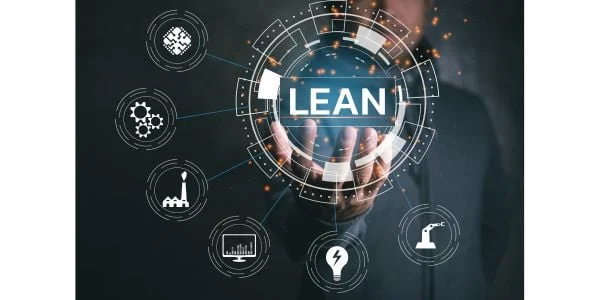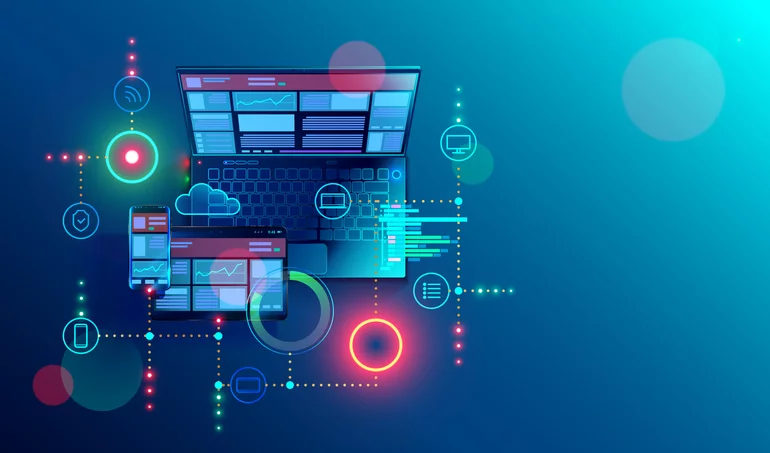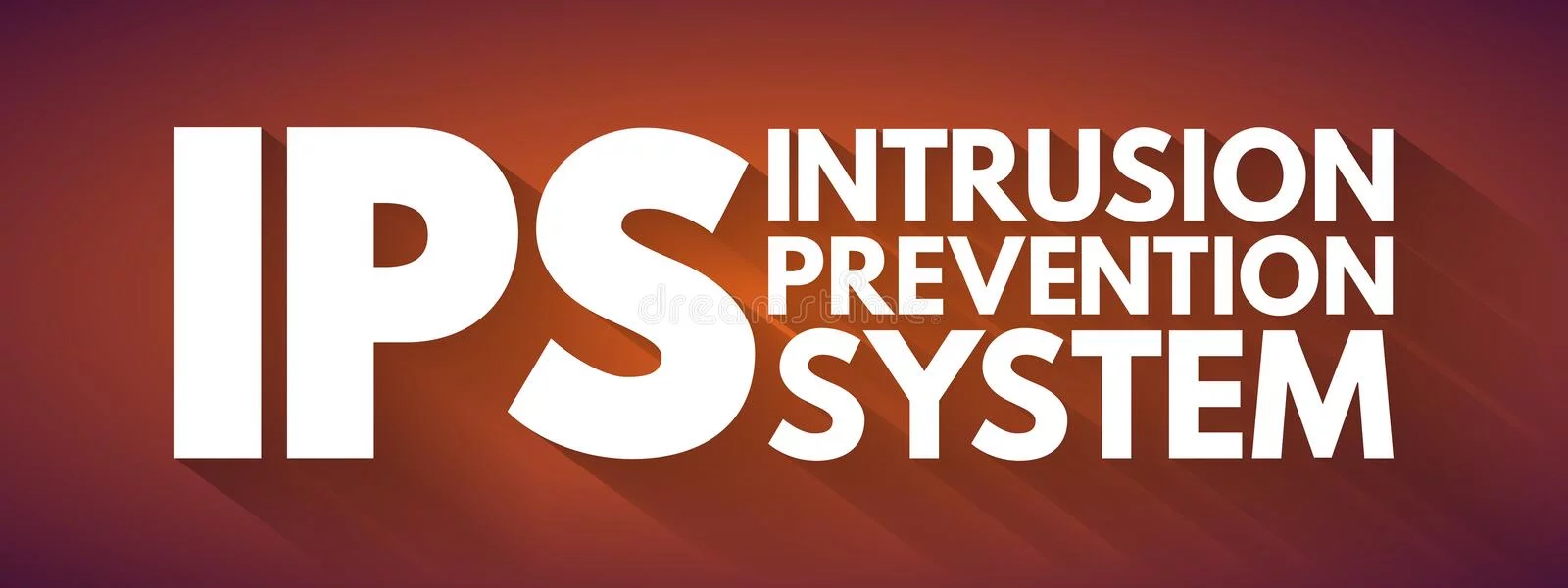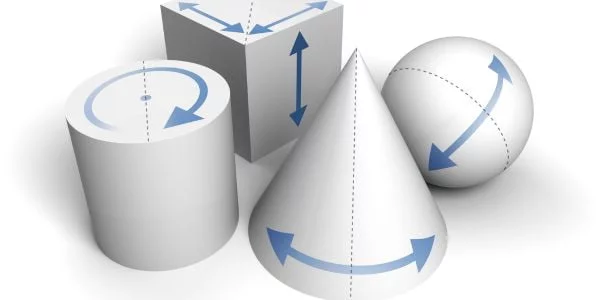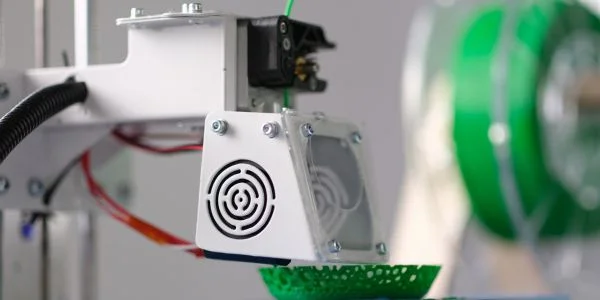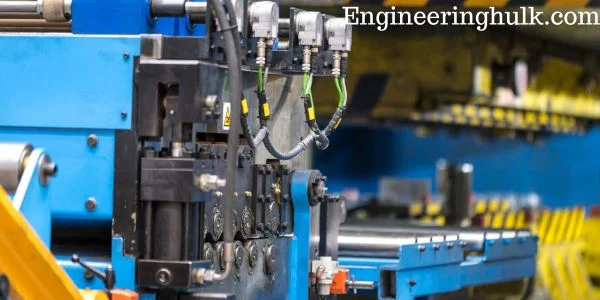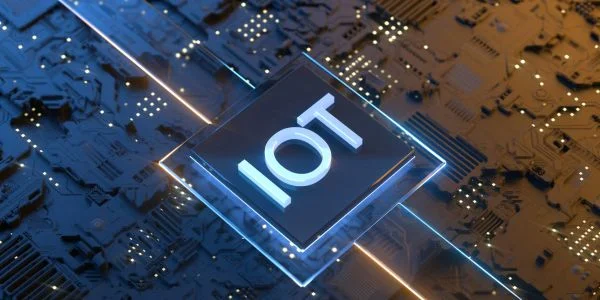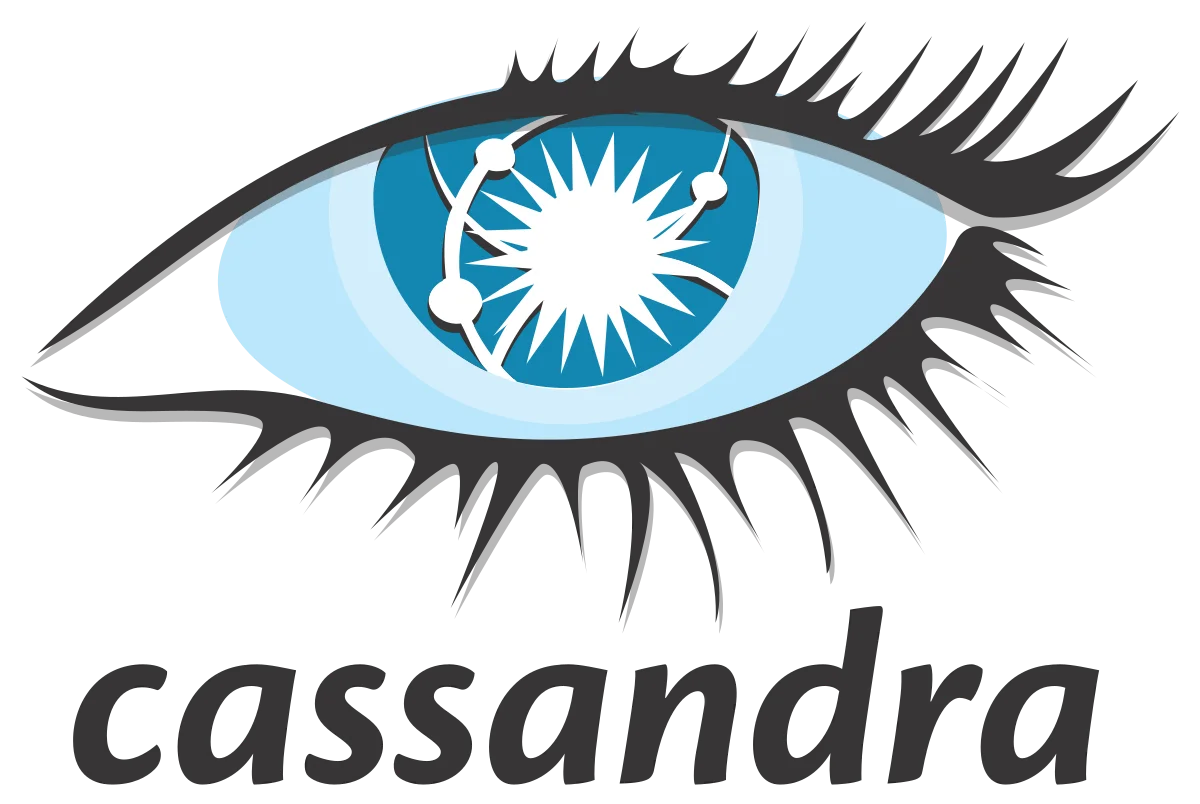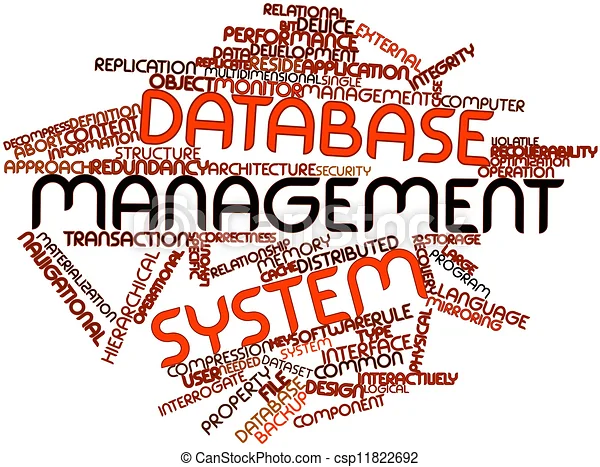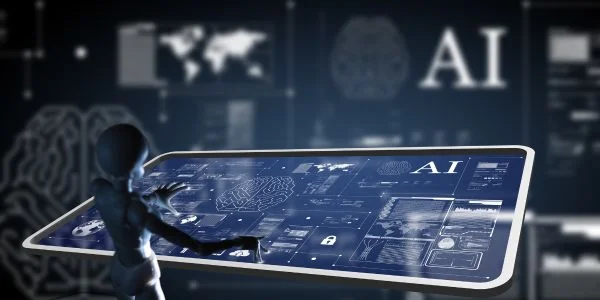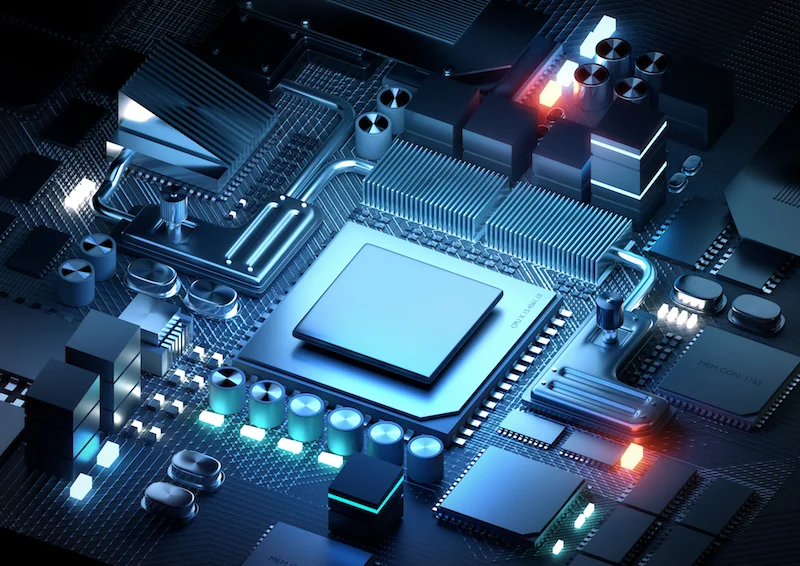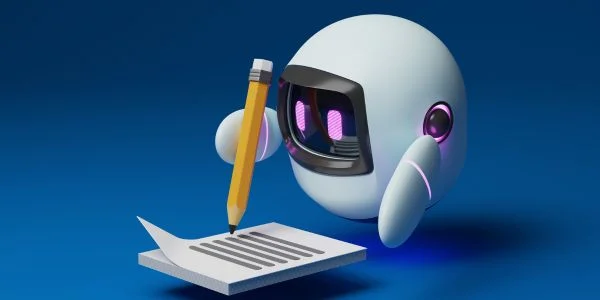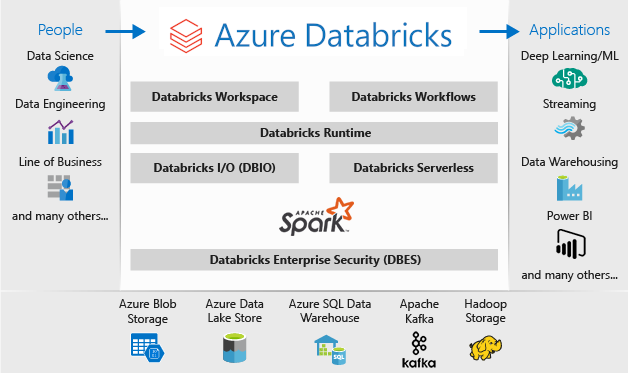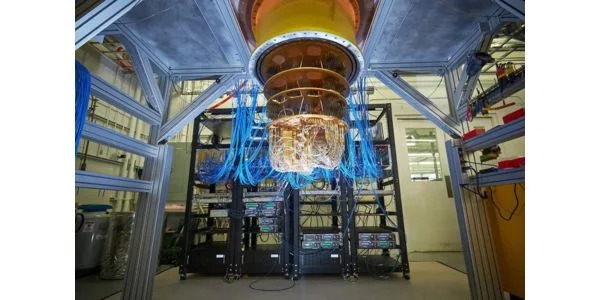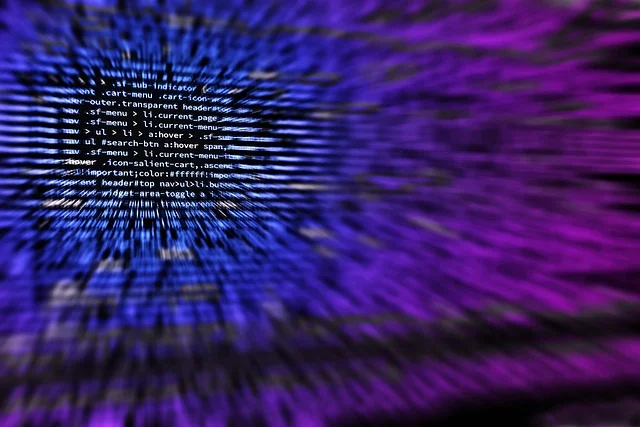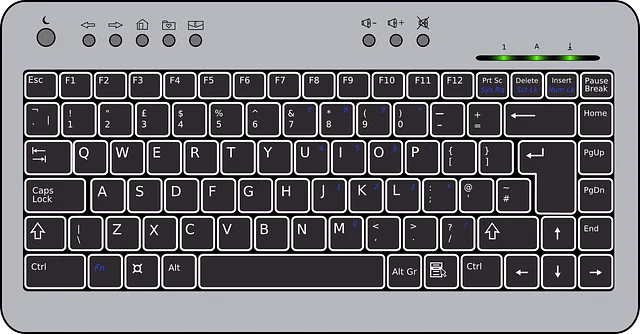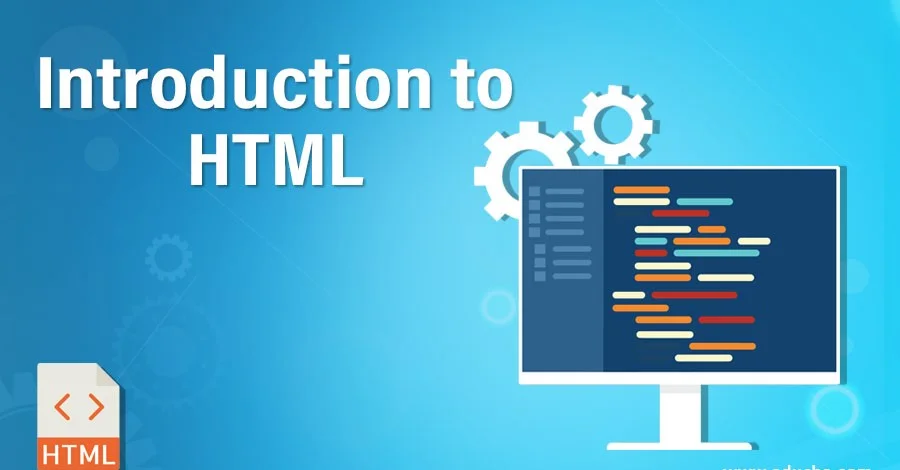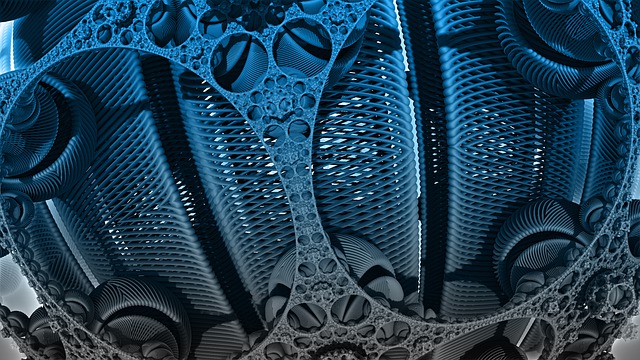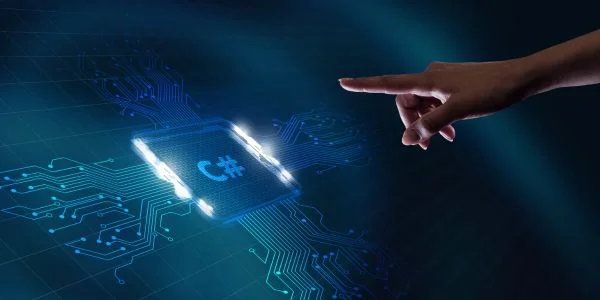Table of Contents
The Internet of Things (IoT) has emerged as a groundbreaking technological revolution that is transforming the way we live, work, and interact with our surroundings. By seamlessly connecting various devices and systems through the internet, IoT has opened up a world of possibilities, enabling us to create smarter, more efficient, and interconnected environments.
What is IoT?
The Internet of Things refers to the network of physical objects, devices, vehicles, and other items embedded with sensors, software, and connectivity capabilities that allow them to collect and exchange data. These interconnected devices communicate with each other, without human intervention, by leveraging the power of the internet.
Applications of IoT
1. Smart Homes: IoT enables us to transform our homes into intelligent spaces. From thermostats that adjust automatically to optimize energy consumption to voice-controlled virtual assistants, IoT devices enhance our comfort, convenience, and security.
2. Healthcare: IoT plays a crucial role in the healthcare industry, facilitating remote patient monitoring, wearable health trackers, and smart medical devices. It enables healthcare professionals to provide better care, improves patient outcomes, and reduces hospital readmissions.
3. Industrial Automation: IoT has revolutionized industrial processes by enabling the integration of sensors and data analytics into machinery and equipment. This connectivity allows for real-time monitoring, predictive maintenance, and efficient resource allocation, resulting in increased productivity and reduced downtime.
4. Transportation: The transportation sector has experienced significant advancements through IoT. Smart traffic management systems, connected vehicles, and real-time monitoring enhance road safety, reduce congestion, and optimize logistics and fleet management.
5. Agriculture: IoT solutions empower farmers by providing real-time data on weather conditions, soil moisture levels, and crop health. This information enables precision farming techniques, optimizing resource utilization and improving crop yields.
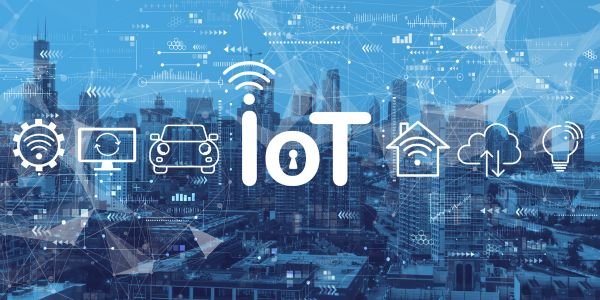
Careers in IoT
As IoT continues to gain momentum, the demand for skilled professionals in this field is skyrocketing. Companies across various sectors are looking for experts who can design, develop, deploy, and manage IoT solutions.
From small startups to multinational corporations, organizations are investing heavily in IoT to improve efficiency, streamline operations, and gain a competitive edge. This surge in demand opens up numerous career opportunities for aspiring IoT professionals.
Exciting Career Paths:
a) IoT Developer/Engineer: IoT developers are responsible for creating and implementing IoT solutions. They possess strong programming skills and specialize in various programming languages, such as Python, Java, or C++. IoT developers design and build software applications, develop sensor networks, and work on cloud platforms to enable seamless connectivity and data exchange.
b) Data Scientist/Analyst: Data plays a crucial role in IoT applications. Data scientists and analysts work with massive amounts of data generated by IoT devices to extract meaningful insights. They develop algorithms, perform statistical analysis, and utilize machine learning techniques to derive actionable intelligence from IoT-generated data, enabling businesses to make informed decisions.
c) IoT Architect: IoT architects design the overall structure and framework of IoT systems. They possess a deep understanding of hardware components, software systems, and networking protocols. IoT architects are responsible for integrating different devices, ensuring security and scalability, and designing the overall IoT ecosystem.
d) IoT Security Specialist: As IoT networks grow, so do security risks. IoT security specialists focus on protecting IoT systems from cyber threats. They develop robust security protocols, implement encryption mechanisms, and conduct vulnerability assessments to safeguard IoT infrastructure from unauthorized access, data breaches, and other potential risks.
Upskilling and Training:
To pursue a successful career in IoT, acquiring the right skills and knowledge is crucial. Several online courses, certifications, and workshops are available to help individuals gain expertise in IoT technologies, protocols, and platforms. Popular IoT platforms such as Arduino, Raspberry Pi, and Microsoft Azure provide extensive resources and tutorials for aspiring IoT professionals.

Future Scope:
The future of IoT looks exceptionally promising. As technology advances, IoT will continue to penetrate various industries, creating a massive demand for skilled professionals. With the advent of 5G networks, edge computing, and artificial intelligence, IoT is set to revolutionize industries such as healthcare, smart cities, autonomous vehicles, and agriculture. As an IoT professional, you can be at the forefront of this transformation, shaping the future with your expertise.
The Internet of Things has the potential to revolutionize our world, transforming the way we interact with technology and the environment around us. From our homes and workplaces to healthcare, transportation, and agriculture, IoT is enhancing efficiency, improving safety, and driving sustainable development.
As we continue to explore the possibilities and potential of this interconnected ecosystem, it is essential to prioritize data security, privacy, and ethical considerations to ensure a responsible and inclusive IoT future.
IoT FAQ
What are the major security concerns associated with the Internet of Things (IoT)?
The major security concerns associated with IoT include:
a) Device Vulnerabilities: IoT devices are often designed with minimal security features, making them vulnerable to attacks and unauthorized access.
b) Data Privacy: IoT devices collect and transmit vast amounts of personal data, raising concerns about privacy breaches and data misuse.
c) Network Security: The sheer number of IoT devices connected to networks increases the potential attack surface, making network security more challenging.
d) Lack of Standardization: The lack of standardized security protocols across IoT devices makes it difficult to implement consistent security measures.
e) Firmware and Software Updates: Many IoT devices lack the capability to receive security updates, leaving them exposed to known vulnerabilities.How does the Internet of Things impact data privacy?
The Internet of Things poses significant challenges to data privacy due to the following reasons:
a) Data Collection: IoT devices continuously collect and generate massive amounts of data, including personal and sensitive information.
b) Data Storage and Transmission: IoT devices transmit data to the cloud or other devices, raising concerns about secure storage and encryption during transmission.
c) User Consent and Control: Users may not always have complete knowledge or control over the data collected by IoT devices, leading to potential privacy violations.
d) Data Sharing and Third Parties: Sharing data across multiple devices or with third-party services increases the risk of data breaches and unauthorized access.
e) Security Vulnerabilities: IoT devices’ security vulnerabilities can expose personal data to unauthorized individuals or malicious actors.What are the potential ethical issues raised by the Internet of Things?
The Internet of Things raises several ethical concerns, including:
a) Privacy: The collection and analysis of vast amounts of personal data by IoT devices raise questions about consent, transparency, and the potential for data misuse.
b) Security: Ensuring the security of IoT devices and networks is crucial to prevent unauthorized access, data breaches, and potential harm to individuals or infrastructure.
c) Autonomy and Human Agency: As IoT devices become more integrated into daily life, there is a risk of reduced human autonomy and excessive reliance on technology.
d) Bias and Discrimination: If not properly designed and calibrated, IoT systems can perpetuate biases or discriminatory practices, especially in areas like facial recognition or automated decision-making.
e) Ownership and Control: The ownership and control of IoT-generated data can be complex, with implications for individuals, businesses, and governments.How does the Internet of Things impact cybersecurity?
The Internet of Things has significant implications for cybersecurity due to the following factors:
a) Increased Attack Surface: The proliferation of connected devices expands the attack surface, providing more entry points for cybercriminals.
b) Vulnerable Devices: Many IoT devices have weak security measures and lack regular firmware updates, making them attractive targets for hackers.
c) Botnets and DDoS Attacks: Compromised IoT devices can be harnessed into botnets to launch large-scale distributed denial-of-service (DDoS) attacks.
d) Data Privacy Breaches: The vast amount of data collected and transmitted by IoT devices increases the potential for data breaches and privacy violations.
e) Interconnected Systems: IoT devices are often part of larger interconnected systems, and a vulnerability in one device can have a cascading effect on the entire system.How does the Internet of Things impact healthcare and patient privacy?
The Internet of Things has transformative potential in healthcare but raises concerns about patient privacy:
a) Remote Patient Monitoring: IoT devices enable remote monitoring of patients’ vital signs and health conditions, enhancing healthcare delivery but raising privacy concerns about the collection and transmission of sensitive health data.
b) Data Security: The security of IoT devices and the associated data is critical to protect patient privacy and prevent unauthorized access to medical records or personal health information.
c) Interoperability: The integration of diverse IoT devices and systems in healthcare requires interoperability standards to ensure secure and seamless data exchange without compromising patient privacy.
d) Consent and Control: Patients should have control over the data collected by IoT devices and the ability to give informed consent for its use and sharing.
e) Ethical Considerations: Healthcare providers must navigate ethical considerations regarding data ownership, informed consent, and the responsible use of IoT technologies in patient care.
References:
1. Shatz, D. (2021). IoT Career Opportunities and Challenges: The Future of Jobs in the Age of IoT. IEEE IoT Newsletter. Retrieved from: https://iot.ieee.org/
2. Natarajan, S., & Winkler, T. (2019). Opportunities and challenges in IoT careers. Journal of Information Systems Education, 30(4), 327-335. DOI: 10.21270/ijise.2019.304
3. IoT Council. (n.d.). IoT Careers.
4. IBM. (n.d.). Internet of Things (IoT): https://www.ibm.com/
Also, read The Quantum Computer


